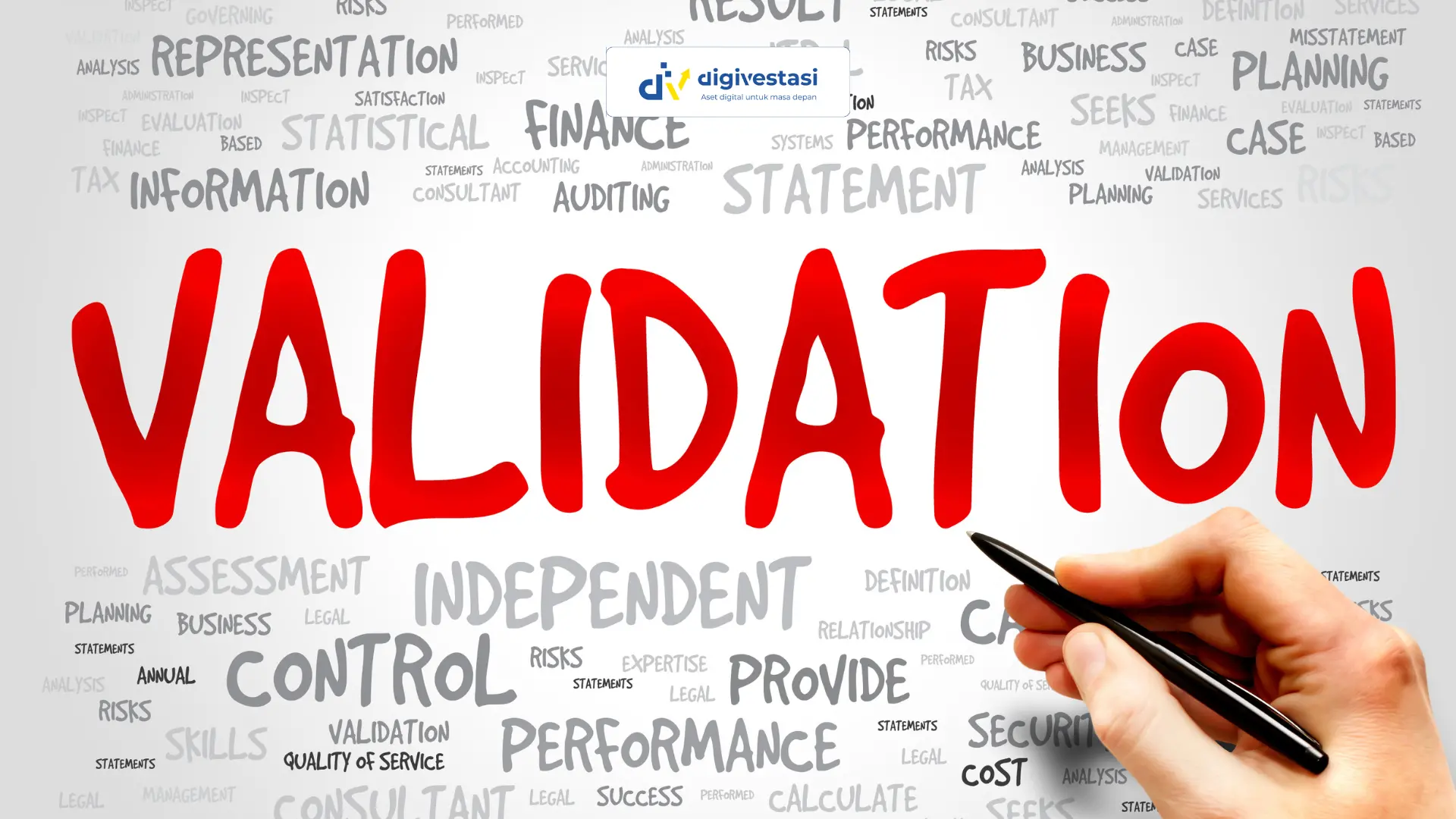
News Update
Viral Bobibos Fuel Hasn't Received ESDM Approval Yet - What's Going On?
/index.php
Berita Terkini - Posted on 06 November 2025 Reading time 5 minutes

The desire to gain acknowledgment or validation from others is a natural and human tendency. However, when this need becomes excessive—causing someone to feel inadequate without praise or approval—it can have a detrimental effect on their mental health.
According to Shahida Arabi, MA, author of “The Highly Sensitive Person’s Guide to Toxic People” and researcher at Harvard University, the need for validation is an inherent part of human social relationships. Nonetheless, when a person becomes overly dependent on external recognition, it can gradually erode self-confidence and negatively impact emotional well-being.
Arabi explains that the need for validation arises from two main sources: internal and external. Internal validation refers to the ability to appreciate one’s own achievements, emotions, and strengths.
“External validation, on the other hand, comes from other people—such as friends, romantic partners, or colleagues—who offer recognition or praise,” she stated, as quoted by Psych Central in Jakarta, Thursday (November 6, 2025).
Problems begin to surface when individuals place their sense of self-worth entirely on external validation. This tendency often stems from early life experiences, such as receiving little attention during childhood or, conversely, being excessively praised.
A 2016 study revealed that children who receive healthy emotional validation from their parents tend to develop better emotional awareness and regulation. Conversely, those who grow up without emotional support are at higher risk of struggling to trust others, experiencing chronic anxiety, fearing rejection, or exhibiting unstable behavior.
Another 2015 study found that children who are excessively praised may develop narcissistic traits, such as believing they are always right or craving constant recognition. Over time, these patterns can persist into adulthood, affecting both social relationships and career development.
Excessive reliance on validation can be identified through several signs, including:
Feeling guilty when saying no to others.
Achieving merely to earn praise or recognition.
Having difficulty making decisions without others’ opinions.
Fearing abandonment when expressing differing views.
Feeling inferior when not the center of attention.
Frequently comparing oneself to others and believing their lives are better.
Source: cnbcindonesia.com
What do you think about this topic? Tell us what you think. Don't forget to follow Digivestasi's Instagram, TikTok, Youtube accounts to keep you updated with the latest information about economics, finance, digital technology and digital asset investment.
DISCLAIMER
All information contained on our website is summarized from reliable sources and published in good faith and for the purpose of providing general information only. Any action taken by readers on information from this site is their own responsibility.